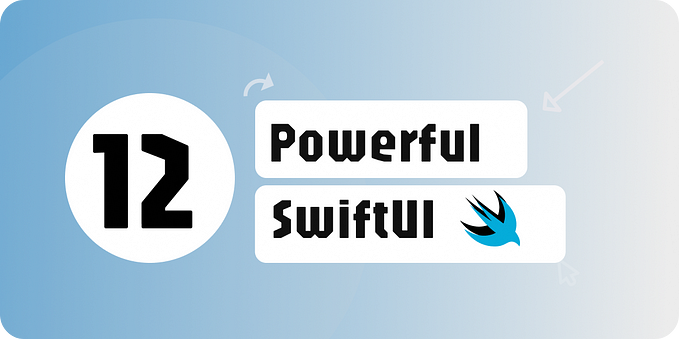iOS 16 bypasses CAPTCHAs on numerous apps and websites

When iOS 16 is released later this autumn, you may find that there are less obnoxious CAPTCHAs demanding you to move a puzzle piece or discriminate between a hill and a mountain. This is because Apple is implementing Automatic Verification for iPhones and Macs, which will notify select sites that you are not a bot without you having to do anything.
iOS 16 Bypasses CAPTCHAs
To create the system, Apple collaborated with two large content delivery networks, Fastly and Cloudflare. Sites that utilize either of the services to guard against spam should be able to take use of the system and cease displaying you so many CAPTCHAs when it releases with iOS 16 and macOS Ventura.
If you pay attention to how many sites go down when Fastly or Cloudflare experience problems during various tasks such as iPhone transfer, you’ll notice that’s a significant chunk of the internet that may become significantly less annoying, particularly for those who see CAPTCHAs more frequently than the average because they use a VPN or clear their cookies frequently.
While this is far from the first effort to do away with CAPTCHAs, Apple’s size suggests that we may really make some progress this time. The underlying mechanism, which Apple calls Private Access Tokens, is curiously similar to their password replacement scheme. Here’s how it works in a nutshell: your gadget looks at a multitude of things to decide if you’re a person. When you visit a website that would ordinarily need you to fill out a CAPTCHA, the site may ask your phone or computer whether you are a human. If your device says yes, you’ll be allowed to proceed.
Apple, like other companies that pitch new technology, has a privacy narrative to go with it. According to the business, although your Apple ID is being used to verify your identity, your phone or computer is not sending out the data linked with it. The only thing the site receives is what amounts to a thumbs-up from Apple. Similarly, Apple simply knows that your gadget is asking it to validate if you’re human; it has no idea who is asking.
Can We Expect This on Android?
Fortunately for Android and Windows users, Apple isn’t the only company working on this technology. Google also contributed to its development, and the principle of having a trusted third party vouch for your humanity is being incorporated into internet standards. Google began developing a similar mechanism into Chrome roughly two years ago and although it appears to be concentrating largely on third-party issuers instead of performing verification








